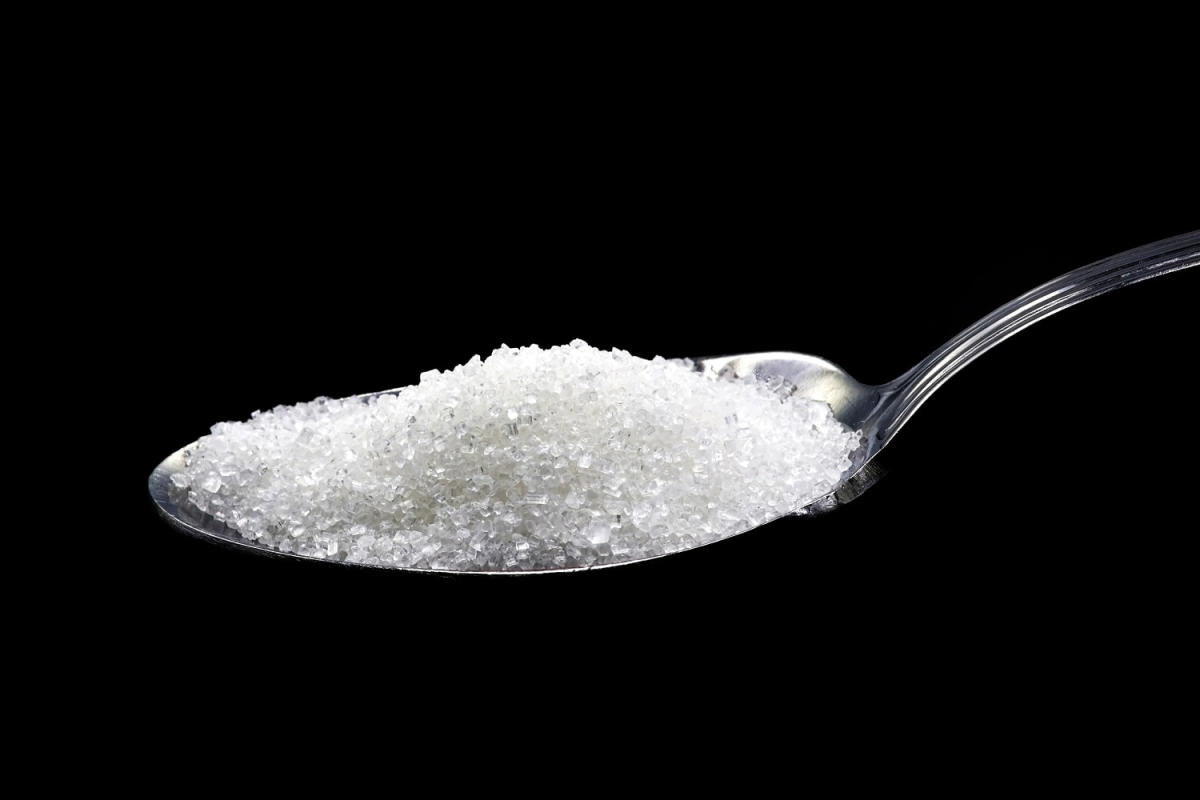
A recent study published in the European Heart Journal has linked the consumption of xylitol, a common sugar substitute, to an increased risk of heart attack, stroke or cardiovascular-related deaths. The study found that people with the highest levels of xylitol in their blood were approximately twice as likely to suffer one of these conditions within three years compared to those with lower levels.
Xylitol is a sugar alcohol that is naturally found in small amounts in fruit and vegetables, but it is also added to many low-calorie or sugar-free products such as gum, candies, toothpaste and baked goods. It has gained popularity due to its low calorie count and the fact that it does not spike blood sugar levels like regular sugar.
However, researchers from the Cleveland Clinic found that xylitol activates platelets in the blood, making them more likely to clump together and potentially cause blood clots in the heart and brain. This can lead to conditions such as stroke or heart attack, particularly for individuals who are already predisposed to these conditions.
The study analyzed data from over 3000 adults and found that those who consumed the most xylitol were at a higher risk of suffering a cardiovascular event. The researchers also noted that xylitol can increase the risk of conditions like stroke or heart attack for individuals with high blood pressure, diabetes, or elevated cholesterol levels.
It is important to note that this study does not suggest that all consumption of xylitol is dangerous. Moderate consumption, such as what might be found in toothpaste or a stick of gum, is unlikely to cause serious problems. However, those who consume large amounts of xylitol on a regular basis may want to consider limiting their intake or seeking alternative sweeteners.
The use of sugar substitutes like xylitol has become increasingly common in recent years as concerns about obesity and the link between sugar consumption and various health conditions continue to grow. However, it is important for consumers to be aware of the potential risks associated with these alternatives and to make informed choices about their diet.
The researchers suggest that further studies are needed to fully understand the long-term effects of xylitol on cardiovascular health. In the meantime, those who are concerned about their risk of heart attack or stroke may want to consider avoiding products that contain high levels of xylitol and seeking alternative sweeteners instead.





